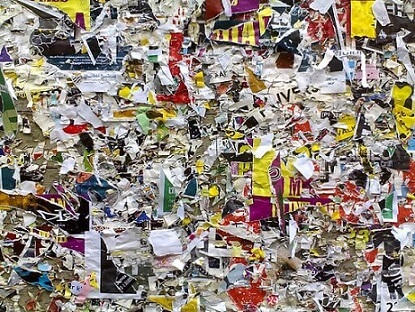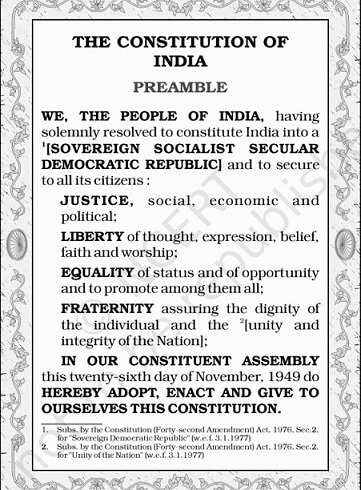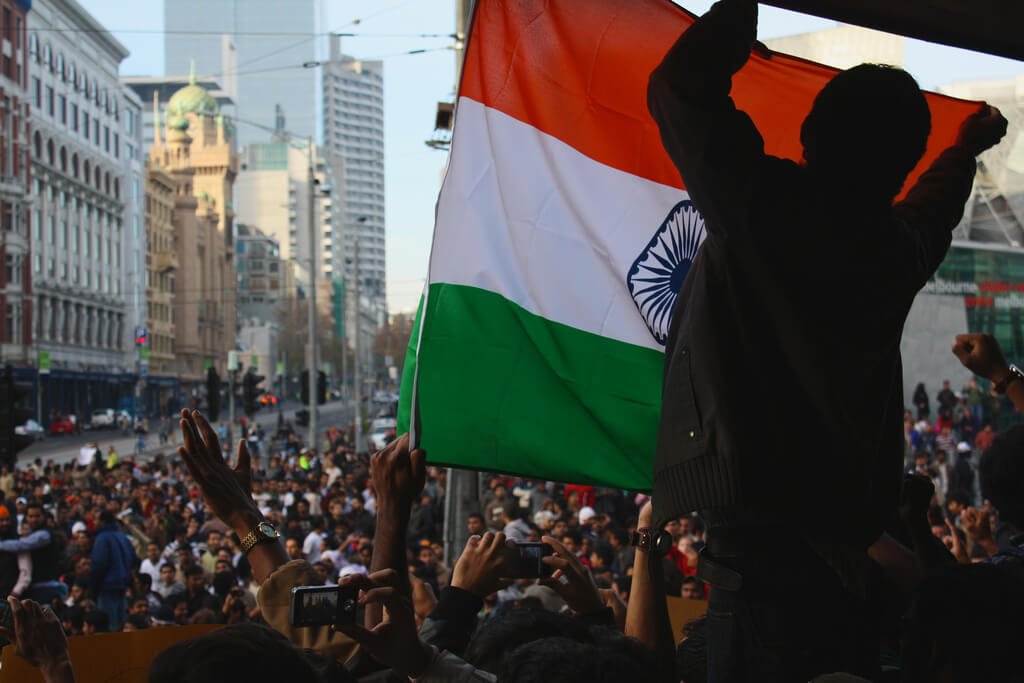Which was the last major news that aroused your interest so much as to compel you to express your views? Which was the most interesting news to you preceding that? And, preceding that? The chances are that these successive news stories came into your life in a jiffy and disappeared in an equally little amount of time by getting subsumed under other news stories. This is what the era of tweets, hashtags, and digital “stories” has done to us. In this age of the bombardment of information, our attention span has decreased to a point where it is becoming increasingly easy and effective for institutions (nation-states, governments, companies, etc.) to manage our life’s goals and narrative. “Public memory is short-lived,” used to be an oft-quoted expression. But, this age of information has modified it to: “Public memory is short-lived, easy to manipulate, and even easier to deviate.”
Our day usually starts with multiple notifications on our “smart” devices and ends with the worry about charging them. Throughout the day, scores of meaningless notifications pop up to divert our attention towards usually equally meaningless things. In this age, the content uploaded by “celebrities” or as we now call them “internet sensations” is more popular than meaningful information impacting millions of lives such as about Climate Change. This onslaught of information has also taken away much wonder from our lives. I remember that in childhood it used to be a wonderful and almost magic-like sensation to suddenly watch the onset of clouds and feel the droplets of rain pouring over me. Now, it is just inescapable to get the weather forecast for days ahead either through notifications on my phone or through somebody else, thus taking away the wow factor from the event. Well, the weather forecast is still at least, real news. In this age of fake news and satirical posts, for every piece of information that one comes across, another layer of cognitive processing has to be performed to discern if the information being presented is genuine.
This overload of information, often fake, has also contributed towards the creation of information silos in our lives. By following selective sources of news and media platforms, we start living inside our own bubble. The feedback loop created by selective sources of information (stimulated further by algorithms that repeatedly present information to us from only a few sources) keeps darkening the outer surface of our bubble and often we become unaware of other bubbles floating outside in our vast world. This has created a wide gulf between opposing ideologies and politics in every single nation of the world. The followers of one ideology live and die in their information silo. They do not engage in healthy debates with those who have digested information from sources opposed to their own views. This widening gulf is stimulating caustic arguments, verbal abuse, and obstruction of a healthy dialogue between opposing ideologues around the world.
It is ironic that as a society we today know much more than at any point in history and yet individually we are much worse in the amount of meaningful information retained by us than our forest-dwelling ancestors. With the amount of data our generation can store digitally for practically forever amount of time, our collective information as human species today probably surpasses the sum of collective information of all previous generations of human beings combined! Yet, any forest-dweller (which every ancestor of ours was for most of our history as Homo Sapiens) knew everything about all varieties of flora and fauna in his/her vicinity, their uses and dangers, and the process to convert every raw material available in the area into a workable tool. For example, an oval-shaped saffron-colored mushroom with white spots in one part of the forest could have been a life-saving medicine while another one with the same color and shape characteristics but with a different aroma in another part of the forest could have been poisonous. Today, left alone anywhere in the world, most of us would die because of the absence of the know-how to grow or procure different types of food, make a shelter from raw materials to save oneself from adverse weather conditions and manufacture clothing for the same purpose. For example, by far most people today cannot even manufacture a knife on their own since the procedure would involve the extraction of iron ore i.e. smelting, introducing impurities and other elements in it to make steel, shaping a part of the wood to fashion it into a handle, and so on. Contrast this with our ancestors who individually knew everything that there was to know about the manufacturing of every single tool in their household and could forge each of them right from the stage of obtaining raw material. True that we can today make knives which are extremely better in every sense than our ancestors could have dreamt of but in every stage of making that knife, only a few from our species specialize in that stage of production.
The bombardment of information in our lives combined with the “specialization” of tasks that we have mastered has induced much clutter in our lives. This clutter hampers our ability to make meaningful decisions. This is why many administrators and business leaders today prefer to wear the same style of clothing daily to make one less “meaningless” decision every morning, thus saving one process contributing towards cognitive load every day. Similarly, meditating is said to declutter the human mind so that it can focus only on the essential bits of information being received by our senses and filter out the rest. Focusing on the larger picture is imperative for success in every field. We can only focus thus after accepting that we cannot process all information being received. Excessive cognitive baggage that comes our way must be dropped. As a saying goes, “the goal is to not win every battle but rather to win the war.”
It is said that data, when condensed, becomes information which then gets further condensed and filtered to form knowledge which finally over time and experience begets wisdom. The paradox of our lives is that today we can access more data and information just by the click of a button than our elders could have ever gathered and yet we look towards them for wisdom just like all generations before ours did. In conclusion, the beautiful lines below very well describe this curse of the bombardment of information even when they were written before the age of the internet and digital media.
Where is the Life we have lost in living?
Where is the wisdom we have lost in knowledge?
Where is the knowledge we have lost in information?
— T. S. Eliot

 2019 - A Year of Paranoia and Missed Opportunities; 2020 - Modi's Indira Gandhi Moment?
2019 - A Year of Paranoia and Missed Opportunities; 2020 - Modi's Indira Gandhi Moment?